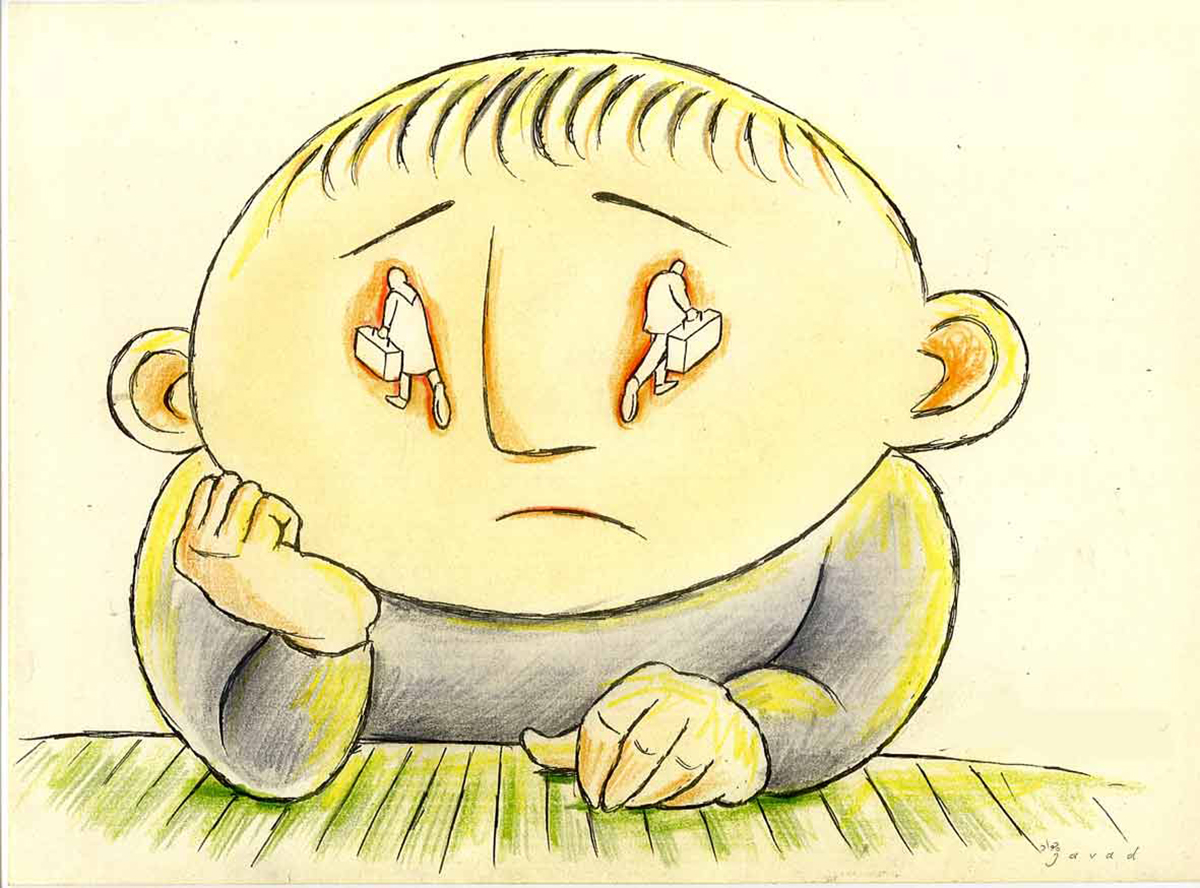
Children and Divorce
There are many families who, for some reasons or others, need to break in two due to divorce and incapability of functioning under the same roof. This is a hard period for the family, since, divided like this, it suffers an economic, emotional and behavioral shock.
However, even though many parents are not aware of this, children suffer the most during divorces of their parents. Namely, they usually know nothing about the act before it actually happens, and they are, thereby, left shocked. This may trigger many different behavioral problems in children and thus needs to be avoided.
Of course, if things are not working out for the parents, they need to get a divorce. However, they should let their children know in time. A sensible conversation is usually very beneficial for the understanding of the whole act. By knowing that the parents are experiencing problems and might divorce, children feel that they are not neglected and learn how to take responsibility for their actions in the future.
Therefore, honesty needs to be present in conversations with your children. Moreover, you have to pay attention to the age and the maturity of your children, modifying your approaches to the subject and their own involvement according to these factors.
The Effect of Divorce on Children
Everyone has a hard time after a divorce since, with broken up families, there is no winner coming out of this separation. Children need to be listened to since they will try and express their feelings. Thus, support is crucial in this period, regardless of your own life preoccupations and worries. The children will grieve over the fact that their family is gone and that they may lose contact with one of the parents.
They will feel lost and will require all the help and affection they can get. Some children, after a divorce, give their best to put the parents back together. Also, they might feel estranged, betrayed or bias when they need to stay with one parent, seeing the other one less. Often, children blame themselves for the divorce and this can have catastrophic effect on their well-being and behavioral patterns.
Smaller, preschool aged children, may regress to a previous state after the divorce, wetting themselves again and behaving differently. When the children are older, like being 9-14 years of age, they are much more mature and have connections with other people in their life, having support after the divorce. Also, then, they should make a choice of the parent who they want to stay with.
Finally, counseling, conversations, expressing feelings and attitudes and staying happy and proud of your child are all crucial factors which can help your child deal better with the divorce. Play with your children often and spend time with them, offering emotional support and understanding. Do not criticize the other parent. Humor can be a very healthy, helpful factor in these cases, making children understand and accept this aspect of life.


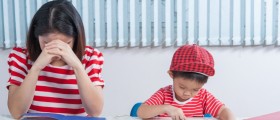
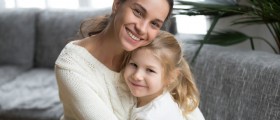
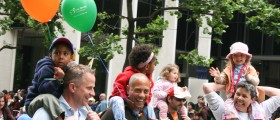

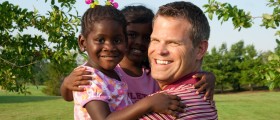





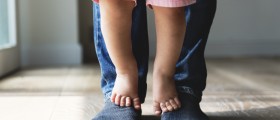
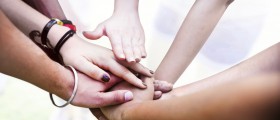
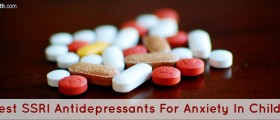
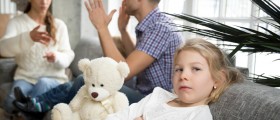
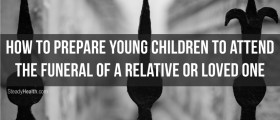
Your thoughts on this
Loading...